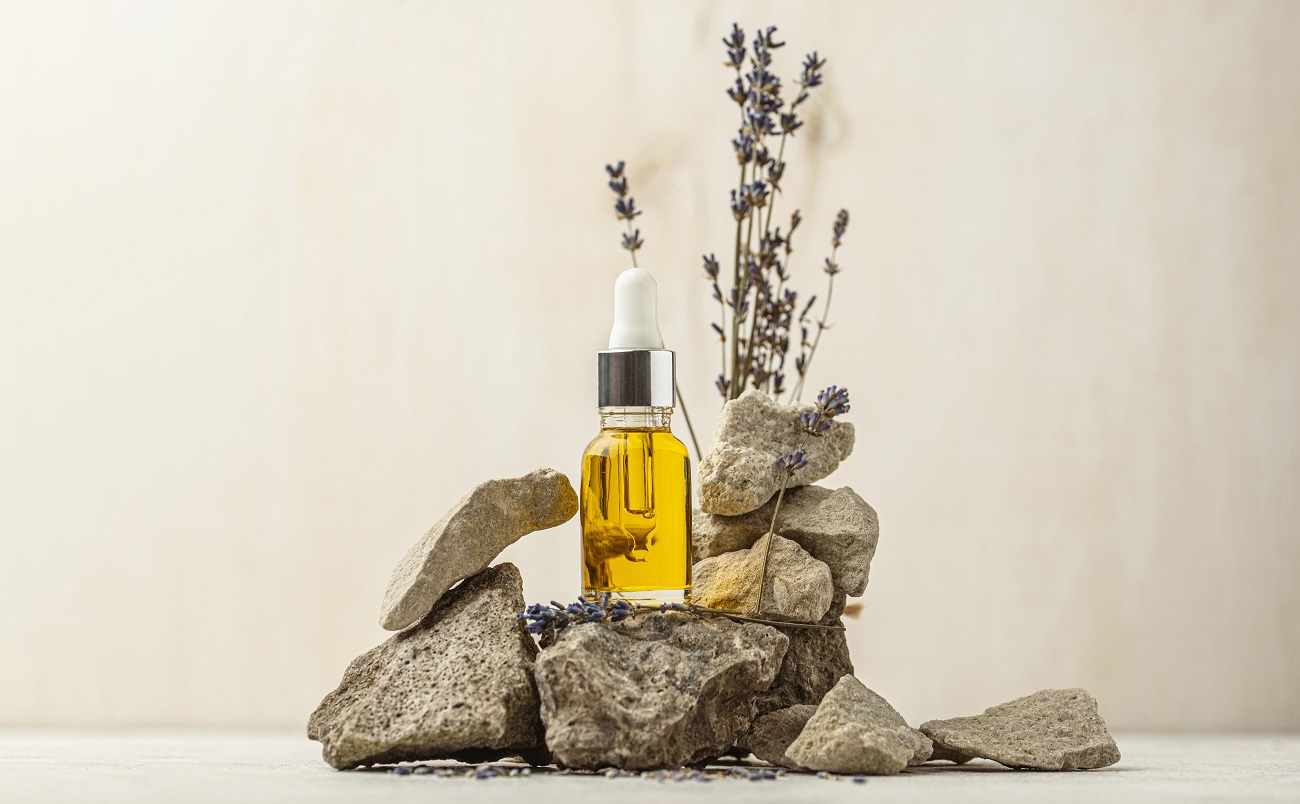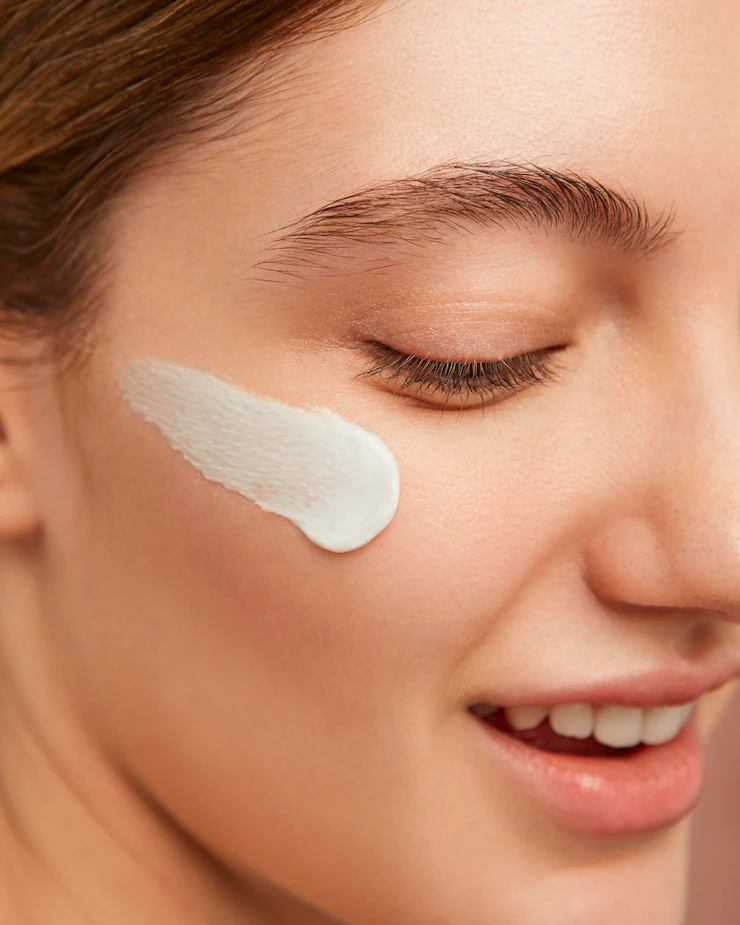- Home
- Ingredients
- Oil Thickener

What is a cosmetic oil thickener?
What? Cosmetic oil thickeners exist? Yes they do!
You may think that oh... it must be wax. You are absolutely right! But did you know that there are many other types of oil thickeners?
Let's go through them together!
The function of an oil thickener is to thicken the viscosity of an oil so that it will not be as runny and will not break down as easily at high temperatures.
Sometimes, an oil thickener has more than one function such as emulsifier and also a stabilizer.
When to use a cosmetic oil thickener?
An oil thickener is necessary when you do not want to add wax, butters and emulsifiers in your formula.
Usually, formulators use oil thickeners to avoid the greasy feeling when applied to the skin.
For example, in the organic formulation industry, sometimes formulators add Clay to their balms to produce a drier feeling on the skin.
Another example is the Lip Matte. There is no shine in it because of Kaolin Clay. If you have dry lips and love to use Lip Mattes, try dab a bit of moisturizer first!
So, which one should I use?
There are many oil thickeners that you can choose from.
First of all, you need to consider some things such as:
- your concept - vegan, natural, organic or Halal
- your final product texture - solid, liquid, balm, serum etc
- solubility - oil, water, alcohol
- pH sensitivity - acidic, alkaline, neutral
- preservation system - will your preferred preservative blend break the bond?
- pigment content - will it cause bleeding or equally dispersed?
Types of cosmetic oil thickener
There are a few categories of thickeners that are suitable for your oil formulations, and not categorized in any preference:
Fatty-acid base
Myristic Acid, Palmitic Acid, Polyhydroxystearic Acid, Stearic Acid
Wax
Candelilla Wax, Carnauba Wax, Castor Wax, Beeswax (non-vegan), Lanolin Wax (non-vegan), Ozokerite Wax, Microcrystalline Wax, Sunflower Wax, Tribehenin
Polymer
Acrylate Copolymer, Iso-Dimethicone Copolymer (to be used with silicones), Silicone Resin (to be used with silicones)
Gel
Hectorite Gel, Silicone Gel, BioJelly
Gum
Guar Gum, Cellulose Gum, Caesalpinia Spinosa Gum, Gum Arabic
Clay
Bentonite, Kaolin
Starch
Arrowroot, Rice, Tapioca
Fatty Alcohol
Cetyl Alcohol, Stearyl Alcohol, Cetearyl Alcohol, Lanolin Alcohol (non-vegan)
Works as an emulsifier
Glyceryl Stearate SE, Glyceryl Oleate
Silica
Silica, Silica Dimethyl Silylate
Behenate
Glyceryl dibehenate, Behenyl Behenate
Silicone (vegan but not organic)
Dimethicone 100, Dimethicone 350
(It has to be these range because Dimethicones that carry numbers bigger than 350 are not viscous!)
Others
Sucragel XL, LipidThix, C10-18 Triglycerides
Of course, this list is not an exhaustive one. So if you've found one that is not listed here and it works - good for you!
Explore and test
Now that you know there are gazillion types of thickeners, it's time to explore and test it out!
Things to note:
- all ingredients are not equal - some need heat to melt while some are heat-sensitive!
- if your product works, remember to do a stability check because sometimes it works today but tomorrow, it separates!
- always refer to your supplier's documentations + recommendations
Where to buy?
I love to get my supplies from Making Cosmetics or others at the Supplier's page here!
❤️ Share with your friends! ❤️

